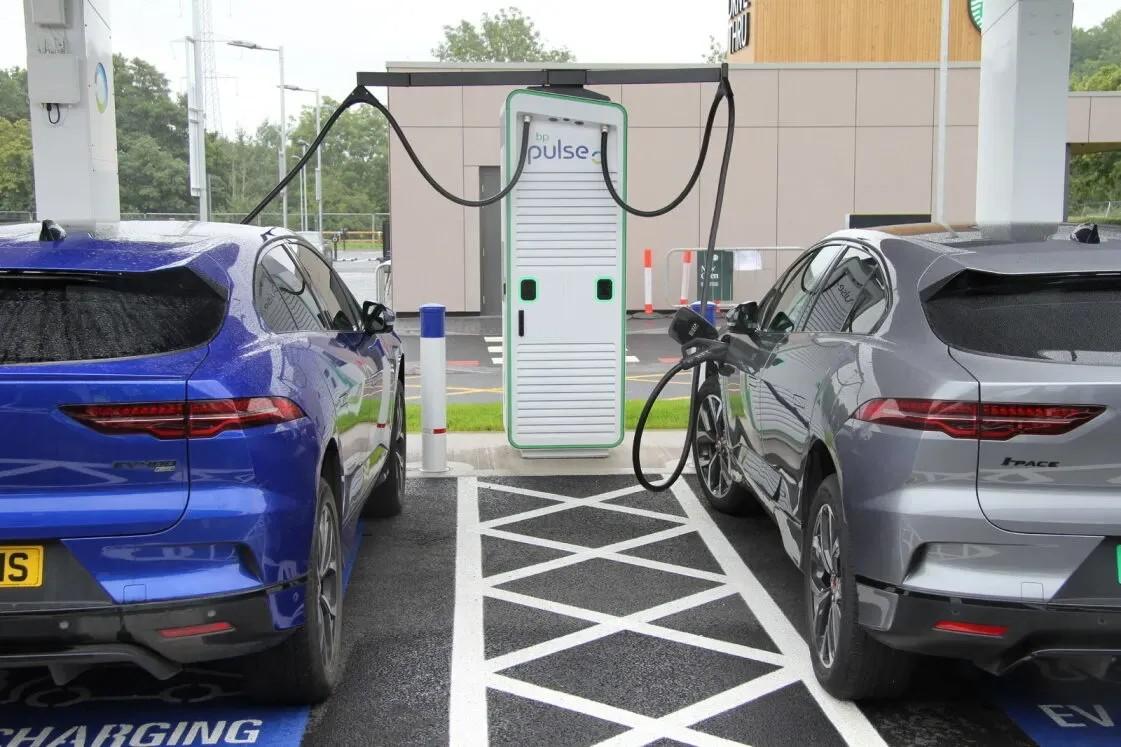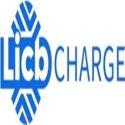Notifications

9 minutes, 20 seconds
-23 Views 0 Comments 0 Likes 0 Reviews

As a leading EV charger manufacturer in China, LiCB Charge delivers reliable AC and DC electric vehicle charging stations along with comprehensive charging solutions.For those new to electric vehicles (EVs) and EV charging, the terminology can sometimes be confusing. Terms like kilowatts (kW) and kilowatt-hours (kWh) are often used when discussing EV performance, charging, and electricity costs. However, grasping what they mean and how they impact your EV experience can make a big difference.
At LiCB Charge, we aim to make EV ownership as simple as possible by breaking down complex terms into easy-to-understand concepts. In this guide, we'll explain the differences between kW and kWh, their relevance to EVs and EV charging, and how understanding them can help you make more informed decisions.
A kilowatt (kW) is a unit of power that measures how quickly energy is consumed or produced at any given moment. One kilowatt equals 1,000 watts. You can often find this measurement on appliances or electronics, which indicates how much power they use.
For example:
A 1-kW electric heater consumes one kilowatt of power while it is running.
A 100-watt light bulb (or 0.1 kW) uses less power since it requires fewer watts to operate.
In the context of EVs, kW is used to describe two key aspects:
Motor Power Output: This measures how much power the vehicle’s motor can use to produce motion. For instance, an EV with a 100-kW motor can consume 100 kilowatts of electrical power for acceleration and driving.
Charging Power: The kW rating of a charging station indicates how quickly it can deliver power to your EV’s battery. A higher kW rating typically means faster charging.
A kilowatt-hour (kWh) is a unit of energy that measures how much electricity is consumed or generated over time. Unlike kW, which indicates instantaneous power, kWh represents total energy usage over a given period.
For instance:
A 1-kW electric heater running for one hour will consume 1 kWh of energy.
If the same heater runs for five hours, it consumes 5 kWh of energy.
In the context of EVs, kWh is used to describe the battery capacity. For example:
A 40-kWh battery can store enough energy to power the car for a specific number of miles, depending on its efficiency.
A larger battery, such as a 75-kWh battery, can provide a longer driving range.
To determine the power (kW) of an appliance, device, or EV motor, you need its power rating in watts. The formula for conversion is:
kW = W ÷ 1,000
Example: If you have an appliance rated at 1,500 watts:
kW = 1,500 ÷ 1,000 = 1.5 kW
To calculate energy consumption in kilowatt-hours, you need:
The device’s power rating in kilowatts (kW).
The duration of operation in hours.
The formula is:
kWh = kW × Time (hours)
Example: If a 2-kW electric oven operates for three hours:
kWh = 2 × 3 = 6 kWh
The main difference between kW and kWh lies in what they measure:
kW (Kilowatt): Measures the rate at which energy is consumed or generated at a specific moment.
kWh (Kilowatt-Hour): Measures the total energy consumed or stored over a period of time.
Think of kW as the speed of energy usage and kWh as the distance traveled. For example, if an EV motor uses 100 kW of power while driving, it consumes energy at a rate of 100 kilowatts per hour. Over one hour, this equals 100 kWh of energy consumption.
Understanding kW and kWh is essential for EV owners, as these measurements impact everything from driving performance to charging times and costs.
Motor Power Output (kW): The kW rating of an EV motor determines its power output and affects acceleration and energy use. Here's how it translates to real-world performance:
A compact EV might have a motor rated at 50 kW, ideal for city driving.
A high-performance EV could have motors rated at 300 kW or more, offering rapid acceleration for sports cars.
Battery Capacity (kWh): The battery capacity, measured in kWh, directly affects the vehicle’s driving range. The larger the battery, the farther the vehicle can travel before recharging. For instance:
An EV with a 40-kWh battery might offer a range of 150 miles.
An EV with a 100-kWh battery could provide a range of over 300 miles.
Charging Speed (kW): Charging stations are rated in kW, indicating how quickly they can deliver power to an EV’s battery. Charging speeds depend on both the charger’s kW rating and the vehicle’s maximum charging capacity. Common charging options include:
Level 1 (1-2 kW): Slow charging, typically from a household outlet.
Level 2 (7-22 kW): Faster charging for home or public stations.
DC Fast Charging (50-350 kW): Ultra-fast charging, usually along highways.
Planning Your Daily Commute: If your EV consumes 15 kWh per 100 miles, and your daily commute is 50 miles, you would need about 7.5 kWh of energy to complete the journey.
Comparing EV Models: Comparing battery capacities in kWh helps you assess the range. Smaller batteries are great for short trips, while larger ones are better for long distances.
Estimating Charging Costs: Electricity costs are generally based on kWh usage. For example, if your utility charges $0.15 per kWh, and your EV needs 50 kWh to fully charge, the cost would be:
50 kWh × $0.15 = $7.50 for a full charge.
Is a Higher kW Always Better? Not necessarily. A higher kW rating indicates more power, but it also means more energy consumption. If efficiency is your priority, a vehicle with a lower kW motor may be a better fit.
Does a Larger kWh Battery Mean Longer Charging Times? Larger kWh batteries generally take longer to charge, but the charging time also depends on the charger’s kW rating. Using a DC fast charger can significantly reduce charging times, even for large batteries.
Understanding kilowatts (kW) and kilowatt-hours (kWh) is vital for making smart decisions about EV ownership. While kW measures instantaneous power, kWh measures total energy usage over time.
For EV owners, these concepts influence driving performance, range, and charging efficiency. By mastering the basics of kW and kWh, you can better plan your trips, estimate costs, and optimize your overall EV experience.
At LiCB Charge, we're dedicated to simplifying EV ownership by turning technical jargon into actionable knowledge. Whether you're choosing a new EV or managing your charging routine, understanding kW and kWh will help you make smarter decisions and enjoy the full benefits of electric driving.Know more about Google SEO Directory
China EV Chargers EV Charger Manufacturer Smart EV Chargers Electric Car Chargers Electric Vehicle Chargers Electric Car Charging Stations

